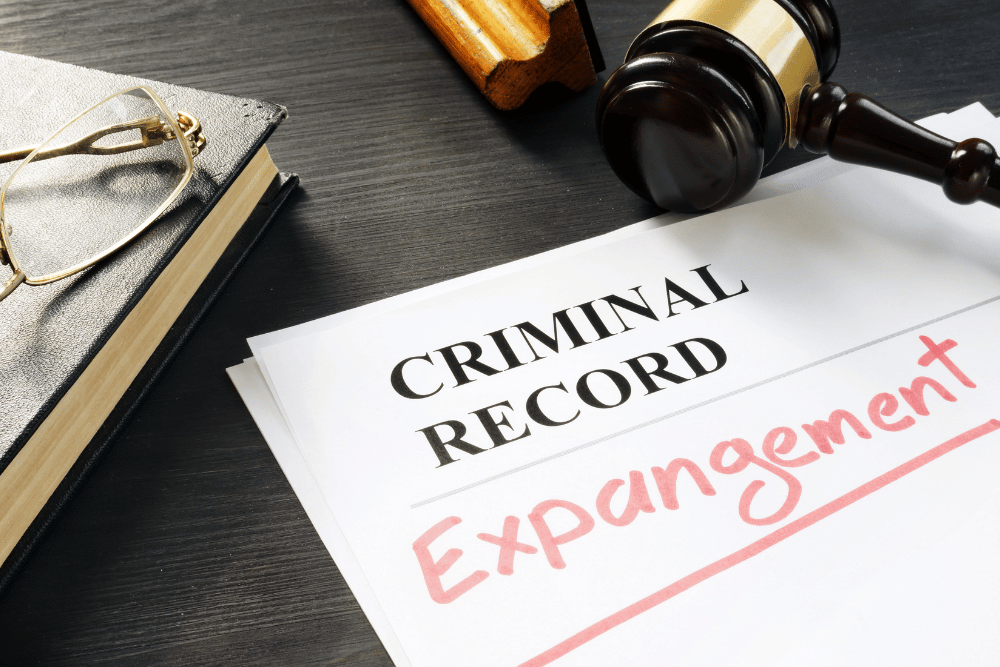Defending Against Police Informant Testimony
April 18, 2025

Posted by: Jacob E. Martinez
Category: DNA Expungement
Sometimes, when an individual is arrested for a crime, the state has the right to take their DNA. It can be used as evidence in the case against them. However, many people do not realize that this DNA sample doesn’t just go away – it stays on file and will show up on any future searches that law enforcement officials conduct.
Thankfully, Colorado has laws allowing people charged with a crime to file for expungement of their DNA. This does not apply to everyone, but if you qualify, it can enable you to have your sample removed from records so that it will not show up going forward.
However, this process can be complex, so it’s essential to understand your rights and the process involved. This blog post will discuss what you need to know about DNA expungement in Colorado and how you can access the resources available to help you through the process.
DNA expungement is the process of removing your genetic information from law enforcement databases. This means that future searches by police or other law enforcement agencies will not yield results from past cases or incidents.
Important to note: this does not mean your criminal record is erased. Only the DNA profile associated with it is removed from official databases.
In order to file for DNA expungement in our state, you must meet specific criteria. Generally speaking, if you were arrested but never convicted of a crime, or if your conviction was overturned on appeal or pardoned by the governor, you may be eligible for expungement. That being said, there are many other factors that could affect your eligibility, so it’s best to consult an experienced criminal attorney before filing any paperwork.
According to CRS 16-23-101 (Katie’s Law), Colorado residents have a right to request expungement of their own DNA under certain circumstances. Additionally, individuals who are lawfully owed export and destruction of their samples under federal law can file for this to happen.
In addition to meeting specific criteria, those seeking expungement must also submit paperwork detailing why they believe they should qualify for expungement and any relevant supporting documents, such as court records or arrest reports. At The Law Office of Jacob E. Martinez, our team of experienced attorneys can help guide you through the entire process and ensure that all paperwork is filed correctly and efficiently.
Once all documentation has been submitted, it will be reviewed by a judge who will ultimately decide whether or not your request for expungement will be granted. If approved, all relevant parties – including law enforcement agencies – will be notified and instructed to remove your data from their databases accordingly.
Understanding your rights regarding DNA expungement in Colorado is essential if you want to protect your privacy and ensure no false information appears in future law enforcement searches.
We are committed to helping our clients navigate this complex legal procedure so they can confidently move forward, knowing their rights have been respected and protected. Want to learn more about how we can help? Reach out today for a free consultation.
About the Author:
Denver-based criminal defense and DUI attorney Jacob E. Martinez is a knowledgeable and experienced litigator with a record of success providing innovative solutions to clients facing criminal charges of any severity. Mr. Martinez has been recognized by countless legal organizations for his exemplary defense work, including Avvo, Best DWI Attorneys, Expertise, Lawyers of Distinction, The National Trial Lawyers, and others. He was also named one of the 10 Best in Client Satisfaction in Colorado by the American Institute of Criminal Law Attorneys for 2020, and is Lead Counsel rated.
Jury Trial - Not Guilty
Jury Trial - Not Guilty
Arapahoe 1st Degree Assault/Vehicular Assault
Jury Trial - Not Guilty
Denver Domestic Violence Assault Case
Jury Trial - Not Guilty
Denver D.V. Assault
Jury Trial - Not Guilty
Denver Careless Driving Resulting in Death
Jury Trial - Not Guilty
Jefferson County Felony Menacing
Jury Trial - Not Guilty
Adams County DUI
Jury Trial - Not Guilty
Jefferson County DUI
Jury Trial - Not Guilty
Jefferson County DUI
Jury Trial - Not Guilty
Jefferson Vehicular Assault/DUI
Jury Trial - Not Guilty
Jefferson County DUI
Jury Trial - Not Guilty
Boulder County DUI case
Jury Trial - Not Guilty
Arapahoe County DUI case
Jury Trial - Not Guilty
Adams County DUI case
Jury Trial - Not Guilty
Douglas County DUI case
Jury Trial - Not Guilty
Gilpin County DUI case
Dismissed
Broomfield County Probation Revocation case
Dismissal
Arapahoe County DUI case
Deferred Judgment
Arapahoe County DUI case
Deferred Judgment
Douglas County DUI case
Deferred Judgment
Larimer County DUI case
Deferred Judgment
Arapahoe County DUI Case
Deferred Judgment
Denver Felony Burglary Case
Deferred Judgment
Arapahoe County DUI case
Dismissed
Arapahoe County Protection Order Case
Dismissed
Golden Destruction of Property case
Dismissed
Jefferson County Protection Order case
Dismissed
Jefferson County Domestic Violence case
Dismissed and Sealed
Jefferson County DUI case
Dismissed
Denver Major Traffic Offense case
Dismissed and Sealed
Broomfield County Domestic Violence case
Dismissed
Summit County DUI Revocation
Dismissed
Denver DUI Revocation
Dismissed
Denver DUI Revocation
Dismissed
Denver DUI +.2 Involving Accident and Injury case
Dismissed
Denver DUI/Habitual Traffic Offender case
DISMISSAL
Denver District Aggravated Theft
Dismissed
Greenwood Village Assault case
Dismissal
Elbert County DUI
Dismissed
Arapahoe County Domestic Violence case
Dismissal
Jefferson County DUI
Dismissal
Denver Municipal Assault
Dismissed
Boulder County Domestic Violence Assault case
Dismissed
Wheat Ridge Assault case
Dismissed
Jefferson County DUI case, with 2+ Prior Convictions
Dismissed
Arapahoe County Domestic Violence case
Dismissed
Broomfield County Domestic Violence case
Dismissed with No Charges Filed
Jefferson County Felony Theft case
Dismissed
Arapahoe County Felony Theft case
Dismissed
Boulder County Felony Theft case

